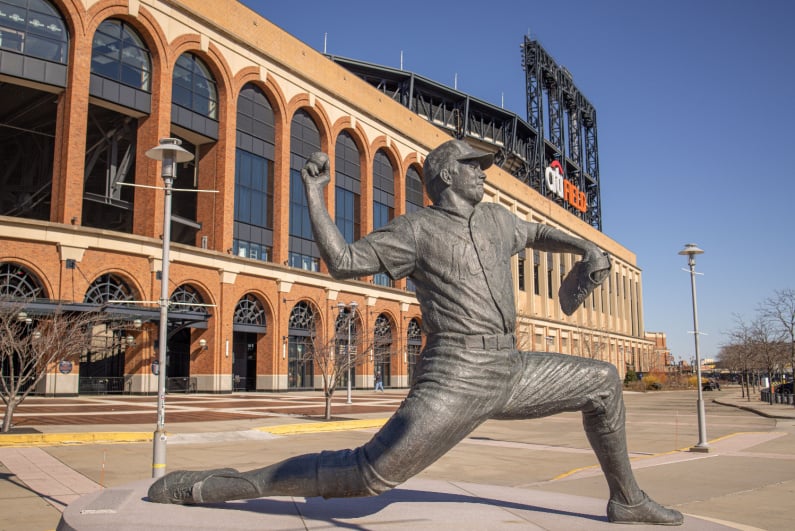Act only covers sports betting
The US First Circuit Court of Appeals has rejected the Department of Justice’s (DOJ) 2018 opinion on the Wire Act. In its ruling on Wednesday, the court concluded that the Wire Act of 1961 is only applicable to sports betting, overturning the DOJ’s 2018 revised opinion that it also covers other types of interstate gambling.
an odd and unharmonious piece of criminal legislation”
The appeals court upheld a June 2019 ruling from a US District Judge on the matter. While noting that the Wire Act text is not clear enough, it stated that the DOJ’s reinterpretation “would most certainly create an odd and unharmonious piece of criminal legislation.”
If the DOJ still wants to pursue the issue, the next step would be to bring the case to the US Supreme Court. Nevada gaming attorney Tony Cabot does not believe the DOJ has any motivation to continue pursuing the case, adding that it would be unlikely that the Supreme Court would even hear the case.
American Gaming Association CEO and president Bill Miller welcomed the court’s decision, stating that it “provides important certainty” for those creating and investing in the online gambling space.
Origins of the case
The basis of the appeals court Wire Act case dates back a couple of years. In November 2018, the DOJ issued a new opinion on the Wire Act, which went against its 2011 interpretation of the matter. Back in 2011, the DOJ had stated that the legislation only applied to sports betting.
The 2018 revision indicated that all types of interstate online gambling would be illegal. This rendered questionable certain activities including interstate lotteries such as Powerball and Mega Millions, as well as interstate poker sites.
2018 revision indicated that all types of interstate online gambling would be illegal
The New Hampshire Lottery Commission filed a lawsuit against the DOJ’s Office of Legal Counsel over the change of opinion. If that re-evaluation were to become enforceable, New Hampshire’s state-run lottery would be illegal as its partner situates servers in Ohio and Vermont.
US District Judge Paul Barbadoro rejected the DOJ’s new opinion in June 2019. He stated: “The Paraphernalia Act demonstrates that when Congress intended to target non-sports gambling it used clear and specific language to accomplish its goal.” Not long after, the DOJ filed an appeal to challenge his decision.
Status of interstate online poker
The DOJ’s 2011 opinion on the Wire Act also meant that online poker could return in states that had legal online gambling. Nevada, Delaware, and New Jersey were the first to allow online poker activity, initially confining operators to in-state player pools. Now, the All American Poker Network (AAPN) allows people from each of these states to play against each other.
Pennsylvania, Michigan, and West Virginia have also recently legalized online poker. The Pennsylvania market launched in November 2019 but has yet to join any interstate poker network. Last month, Michigan Governor Gretchen Whitmer signed legislation allowing interstate poker once platforms go live in the state. Similar measures are in place for the rollout of online poker in West Virginia.




